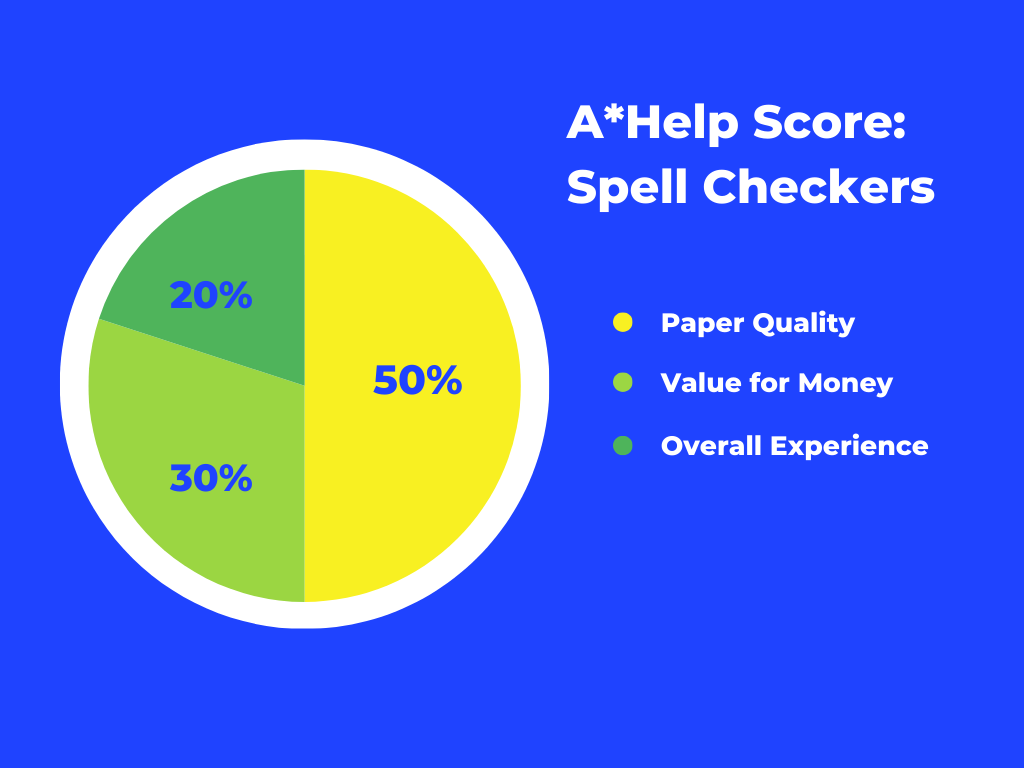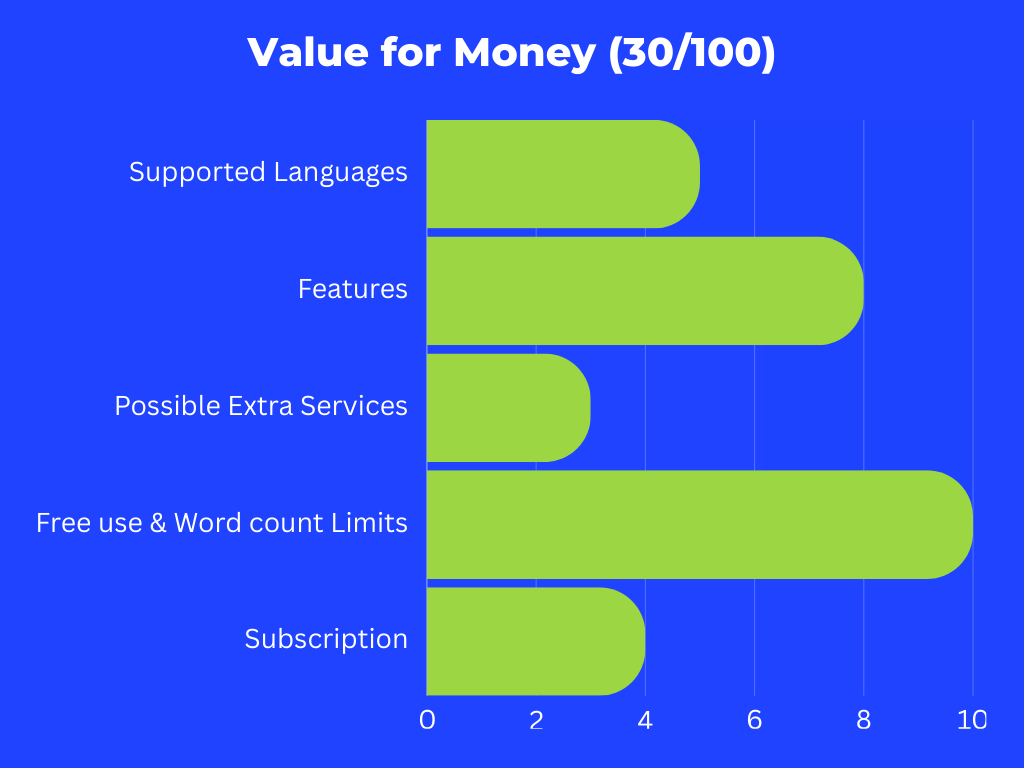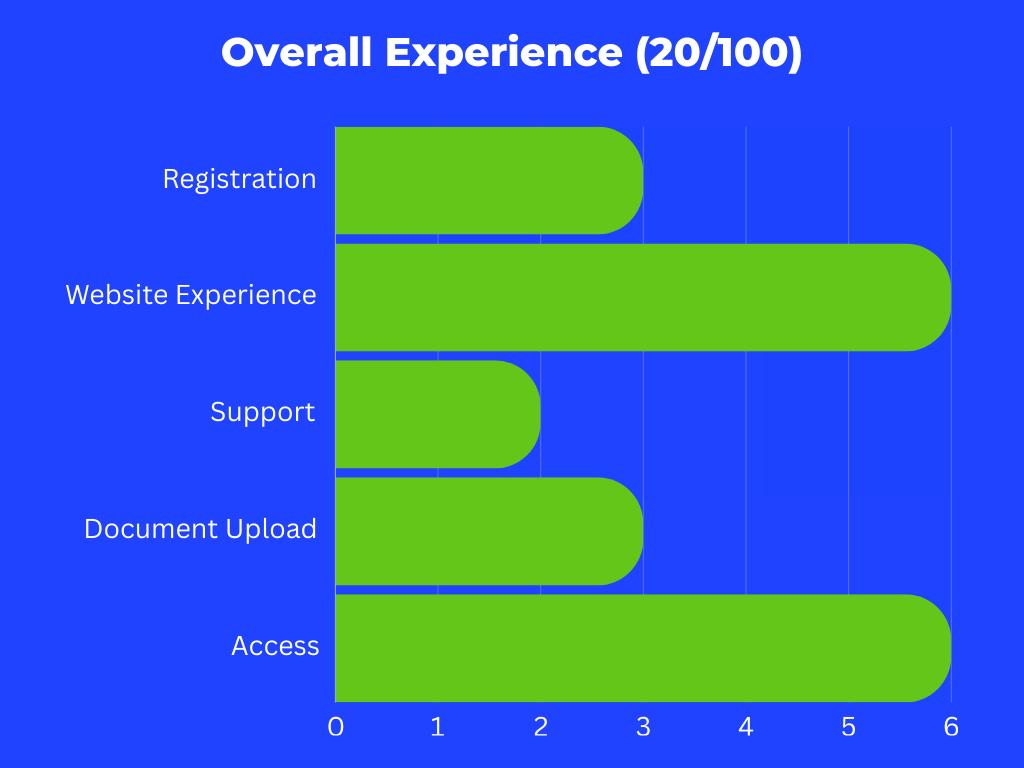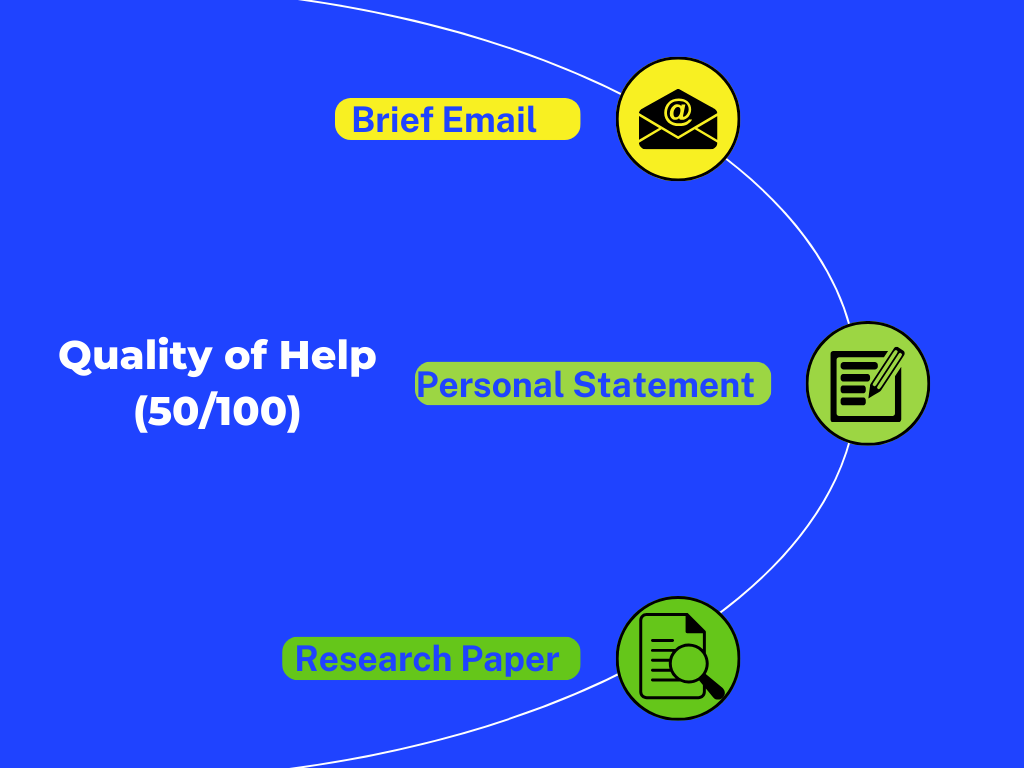Grammar and spelling are the pillars of clear oral and textual communication. It’s important to everyone and everywhere: from social to our work environment.
However, people still make mistakes. When you text in a rush you don’t always have time to check it twice. Or, when you need your homework done really quickly, you won’t re-read it several times before sending it to the professor/teacher. It’s just not time-effective to look through all the typed text. Honestly, there’s even a small chance that you will be able to notice all the little details and grammatical errors.
That’s where technology comes in. Particularly, the grammar-checking tools that we, people, invented to help us find and correct our inaccuracies in punctuation, misspelled words, and sentence structure.
We at AcademicHelp reviewed quite a few similar solutions in a search for the best options for spellchecking purposes. We conducted our research with a holistic approach, analyzing every possible criterion that influences user interactions during the grammar correction process. Below, you can check out how we organized our testing altogether.
What are the A*Help rating criteria?
The A*Help score is a complex rating system that takes into account 3 large groups of criteria: Value for Money, Overall Experience, and Quality of Help.

They are divided on a 30-20-50 basis: Value for Money weighs 30 pts, Overall experience – 20 pts, Quality of help – 50 pts. These three criteria take into account some smaller aspects, which we will highlight below. We also use specially selected texts to run through all the spell checkers to understand what quality of correction they offer. To properly analyze this aspect, we do the checking process on three different texts:
- A short email to a professor about the deadline extension
- A personal statement essay around 500 words long
- An introduction part of a research paper on Business Management.
Each of these pieces has a certain amount of mistakes made in them. These errors are all across the main writing categories: spelling, grammar, punctuation, word use, and word order. That way when we look through the corrected writings, we know which errors were corrected and which weren’t.
| Email to Professor📧 | Personal Statement✍️ | Research Paper📝 | |
| General Amount of Mistakes | 20 | 21 | 32 |
| Number of Grammar mistakes | 6 | 5 | 5 |
| Number of Spelling mistakes | 4 | 5 | 5 |
| Number of Punctuation Mistakes | 5 | 3 | 5 |
| Number of Word use Issues | 4 | 6 | 15 |
| Number of Word order Issues | 1 | 2 | 2 |
As we set a scene for the general testing process, let’s move on to the discussion of each aspect separately, so you can better understand what we are working with.
Value for money – 30% of the A*Help score

The Value for Money aspect is called to establish how well a service balances between its prices and what it has to offer. Of course, the platforms that provide the most versatile features, like different supported languages, some extras, and an option for free trial, are considered the most valuable on the A*Help value-for-money scale.
Supported Languages – 5 pts
Features – 8 pts
Possible Extra Services – 3 pts
Free use & Word count Limits – 10 pts
Subscription – 4 pts
Supported Languages
Most of the spell-checking tools provide grammar correction for English texts. However, what if you need to check a text for your Spanish class? Or what if you are doing a project in French literature for your university course?
That’s why we found it to be an important factor to consider when evaluating grammar correction services. It’s better if the platform allows its users a choice of a language for their text that needs checking, rather than limiting them to only one option.
Features
A piece of writing is a complex linguistic structure that in the case of correctness can be broken down into 4 main aspects: spelling, punctuation, grammar, word use, and word order or sentence structure.
It’s important that the grammar checker can identify and improve issues across all four criteria. It’s just not effective to check your text on different platforms to make sure that you have written everything correctly. Bonus points, if the website can provide style suggestions or sentence refinement for your writing.
Possible Extra Services
The main agenda of a spell checker is to do proper grammar correction. Still, it’s a pleasant addition when the service also has some other features, like paraphrasing, translation, and word count. And even if you might not need them on the spot, these services might be of help for your future work.
Free Use & Word Count Limits
The biggest number of points in the value-for-money criteria goes to the pricing aspect. Why? Because the services must be affordable. The best situation is when they provide a free trial or even a completely costless usage. Here, of course, more points go to the platform that can be used for free and without any limits.
Subscription
The last feature that we pay attention to in the value-for-money sector is subscriptions. Do the platforms demand that you buy a plan? Or can you use it without any commitments? Is there a versatile selection of pricing plans to suit most customers’ needs and wallets? We take all of this into account when looking into platforms’ subscription aspects.
Overall Experience – 25% of the A*Help score

The Overall Experience aspect in the A*Help score is called to highlight the general convenience of the service. We all like things to run smoothly and that’s why we focus on the specifics of the user experience.
Registration – 3 pts
Website Experience – 6 pts
Support – 2 pts
Document Upload – 3 pts
Access – 6 pts
Registration
Online platforms of different kinds may ask you to create an account to use their service. But do you need yet another website emailing you about what’s happening with their platform? Wouldn’t you want to skip the registration process altogether?
We pay attention to whether or not a particular spell checker demands the users to register before using the service. It’s much better if they offer it as an option rather than a necessity. We also evaluate whether the account-creation process includes all the possible options from using email to Facebook or Google accounts.
Website Experience
Grammar checkers are online platforms. Thus, it’s crucial that the website is adapted to the customers’ needs and can provide a seamless experience. Here, we note how easy it is to use the service, whether it utilizes a user-oriented design, and if there are ads that could spoil the interaction with the spell checker.
Support
You don’t need extra help to work with a grammar correction tool. However, since it’s a digital solution, minor technical inconveniences may happen sometimes. We check whether the services offer any support channels that could help the clients navigate through glitches and possible bug problems. If we notice any additional user guides, we view it as a huge plus, since they are great for dealing with minor questions or confusing experiences.
Document Upload
There are a lot of ways for your text to be analyzed and corrected. The most popular one is a simple copy-paste. You just insert the writing into the right field and voila! It takes a bit of time though, especially if it’s a long paper. That’s where an option for a document upload would come in handy. And the more various types of documents the platform can proofread (docs, docx, pdfs) the better.
Access
It’s surely easy to just google a website you need, go to it, and check your text. Still, it’s much easier with an app or a browser extension available to you at any time. We check if the grammar checkers we review provide an option to use their services not through a website but through other platforms as well. These opportunities definitely can make the whole process faster and more pleasant.
Quality of Help – 50% of the A*Help score

The most responsible and final part of our testing process is analyzing the quality of grammar-checking each service provides. As we previously mentioned, we use each of the platforms three times to proofread different pieces of writing and see how well the tools can handle texts of versatile styles, lengths, and purposes.
We also mentioned in the beginning that each of the writings had an established number of mistakes across 5 different grammatical categories. Hence, the amount of pts given for the grammar-checking of these texts is proportionate to the number of errors corrected in each of them.
The final Quality of Help score which rounds up to 50 pts therefore consists of the pts for each separate corrected text. Below is a detailed view of how we assigned the grades:
The number of mistakes corrected in Email – 10 pts
The number of mistakes corrected in Personal Statement – 15 pts
The number of mistakes corrected in the Research Paper – 25 pts
We distributed the scores depending on the difficulty level and the length of the writing. The final result for Quality of Help, which is the sum of the points above, represents the ability of the spell checker tool to identify various mistakes in textual pieces of all kinds.
Final Thoughts
Our team at AcademicHelp tries to make sure that you receive the highest quality assistance from a variety of services, and it’s no different for spell checkers. Everyone needs an effective tool that can instantly help with all kinds of grammatical mistakes.
Our 3 main evaluation criteria are value for money, overall experience, and quality of help. We hope this guide will give you a better understanding of our analysis and ranking processes. If you want to learn more about each grammar-checking platform individually, don’t hesitate to check our reviews. There, we go into an in-depth analysis of features, pricing, and quality of the proofreading process.
Read more:
How We Test Everything We Review
How We Test Custom Dissertation Writing Services
How We Test Programming Homework Help Websites
How We Test Plagiarism Checkers
